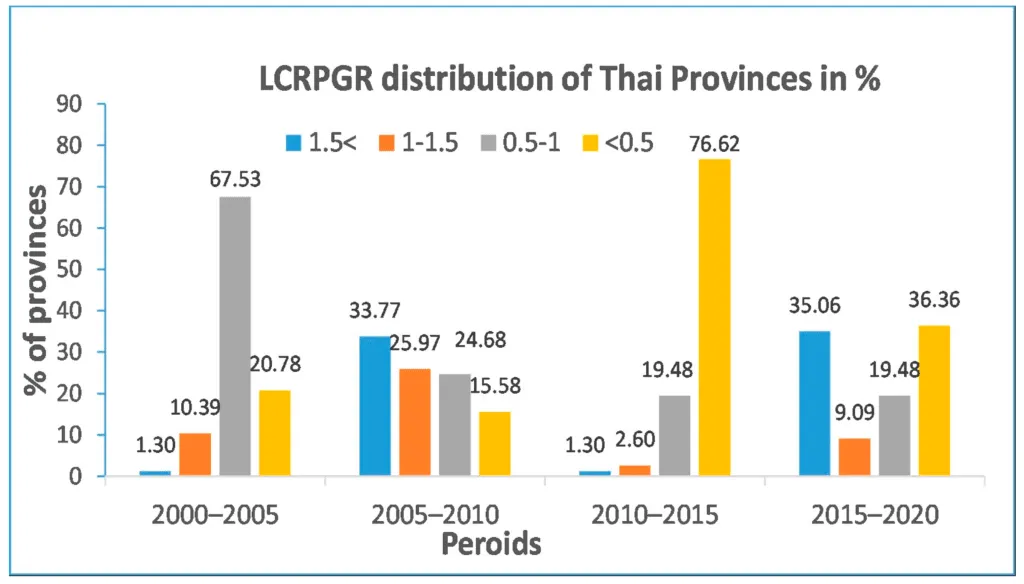Thailand is undergoing a major transformation as Thailand Urban Renewal Projects take shape across the country. From Bangkok’s skyline-changing developments to national housing reforms, these projects aim to boost economic growth, improve infrastructure, and enhance quality of life. With billions of dollars invested, Thailand is positioning itself as a modern, competitive urban center. But what exactly is driving these changes, and how will they impact the people who live and work in these cities? Let’s explore the key projects and their significance.
Revitalizing Bangkok with a $14 Billion Investment

Over $14 billion is being invested in urban renewal projects in Bangkok, aiming to turn the city into a global hub that can compete with places like Singapore. The goal is to improve economic opportunities, infrastructure, and quality of life for residents.
One of the biggest developments in this initiative is “One Bangkok”, a 120 billion baht project led by the TCC Group. This massive private development will include office towers, residential buildings, shopping areas, a concert hall, and a Ritz-Carlton hotel. It is set to redefine Bangkok’s skyline and create thousands of jobs.
Beyond private investments, the Japan International Cooperation Agency (JICA) is also supporting Bangkok’s redevelopment. Their study focuses on an area of 500 hectares, home to 188,000 people, to develop a master plan for sustainable urban growth.
Thailand Urban Renewal Projects: Urbanization is Reshaping Thailand
Thailand is shifting from a rural-based society to a more urbanized nation. In 2023, 53.61% of the population lived in cities, a figure that continues to rise. Bangkok remains the most dominant urban center, covering nearly 80% of Thailand’s urban area. It is also the fifth-largest urban area in East Asia.
The capital city has seen a steady rise in urban population growth, with a 1.52% increase in 2022. This shift presents both opportunities and challenges, requiring smart urban planning to balance growth, infrastructure, and housing needs.
Housing and Land Ownership Challenges in Thailand Urban Renewal Projects
While urbanization boosts economic activity, it also brings pressing social challenges. Housing affordability remains a key issue. More than 5.87 million households in Thailand do not own homes, while 2.72 million households live in poor conditions.
To address this, the Thai government introduced a 20-Year National Housing Development Master Plan to improve housing accessibility and affordability. Additionally, land ownership disparities pose another obstacle. Just 10% of the population owns over 60% of Thailand’s land, leading to government efforts to pass laws for fairer land distribution and efficient land use.
The Future of Thailand Urban Renewal Projects
The Thai government is actively integrating urban renewal into its policies. The 12th National Economic and Social Development Plan (2017-2021) prioritizes smart urban planning, efficient land management, and decentralization. These efforts aim to create well-planned, livable cities that support long-term economic growth.
With ongoing investments and strategic planning, Thailand urban renewal projects promise a future where cities are more modern, inclusive, and sustainable. By addressing housing, infrastructure, and economic development, these projects will shape a new era of urban living in Thailand.






